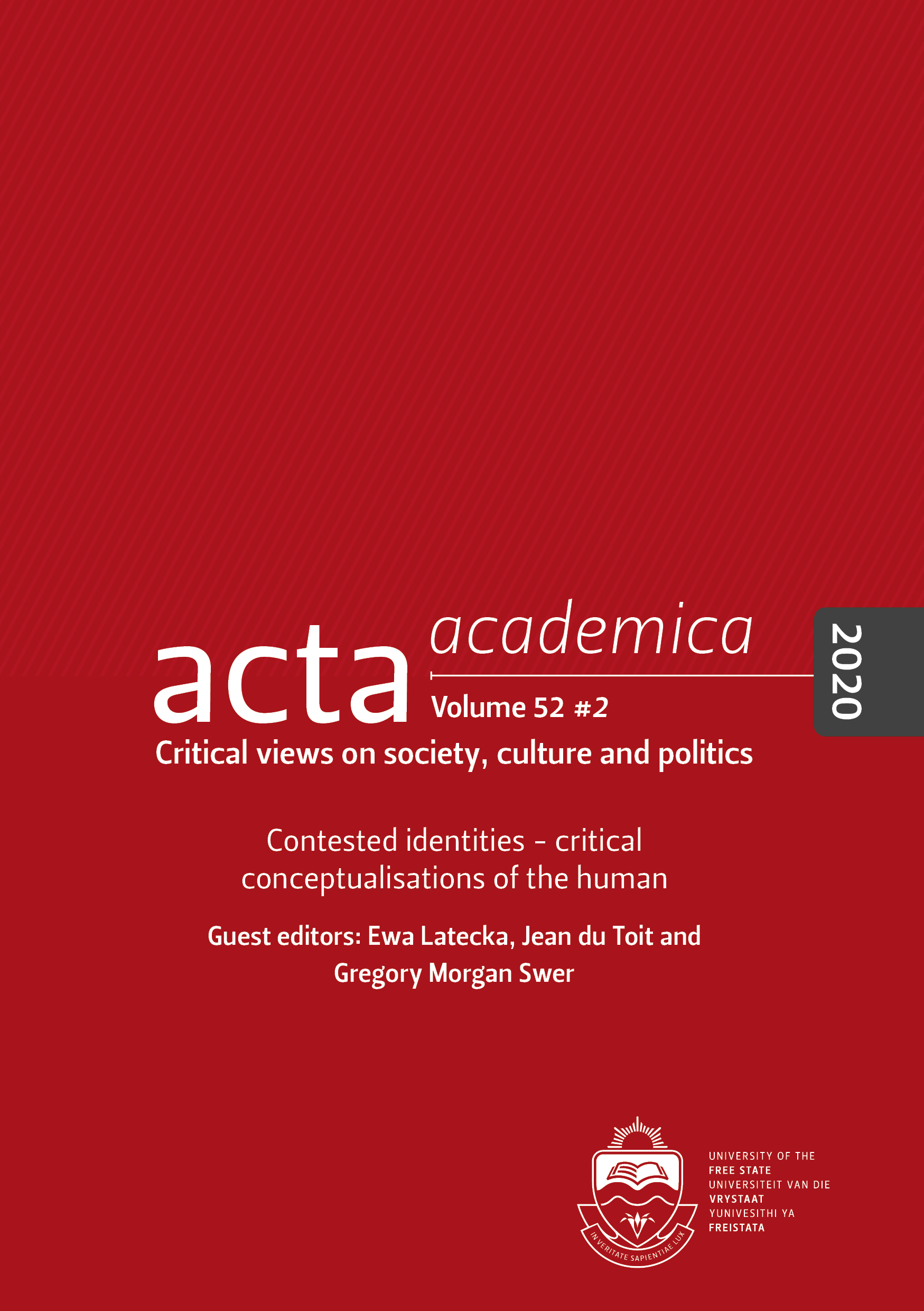Critical theory and praxis in post- apartheid South Africa: The case for a critical criminology
DOI:
https://doi.org/10.18820/24150479/aa52i2/6Keywords:
Marxist-inspired criminology, Conflict criminology, Critical theory, Frankfurt School, Social context, Structural oppression, Prison-industrial complexAbstract
The obsession with empirical work in South African criminology has led to a neglect of ‘context’ in the form of skimming over structural oppressions, such as racism, inequality, poverty and unemployment, as if they were not potently criminogenic societal factors. With regard to analysing so-called conventional crime, the aforementioned ‘context’ is an extremely important consideration in a country teeming with these structural oppressions. Contributions from both Critical Theory and Marxist-inspired criminology could correct this imbalance. Following the backdrop of such a discussion, this paper will examine the phenomenon of the prison- industrial complex, both in the US and, more particularly, in the local setting. The argument will then conclude with a three-pronged assessment, namely 1) an evaluation of the debt which Marxist-inspired criminologists (Jeffery Reiman, Angela Davis and Richard Quinney) owe to the Frankfurt School, 2) an overview of the relevant ideas from Critical Theory, and, 3) the application of conflict criminology supplemented by scholarly work in the tradition of the Frankfurt School (represented by Habermas and Z?iz?ek) to South African conditions.
Downloads
##submission.downloads##
Published
Issue
Section
License
Copyright (c) 2020 Author(s)

This work is licensed under a Creative Commons Attribution 4.0 International License.





